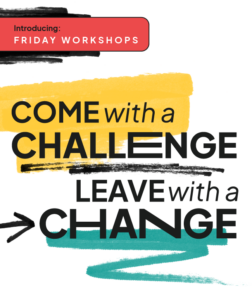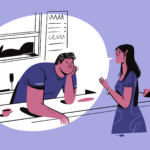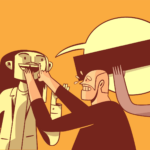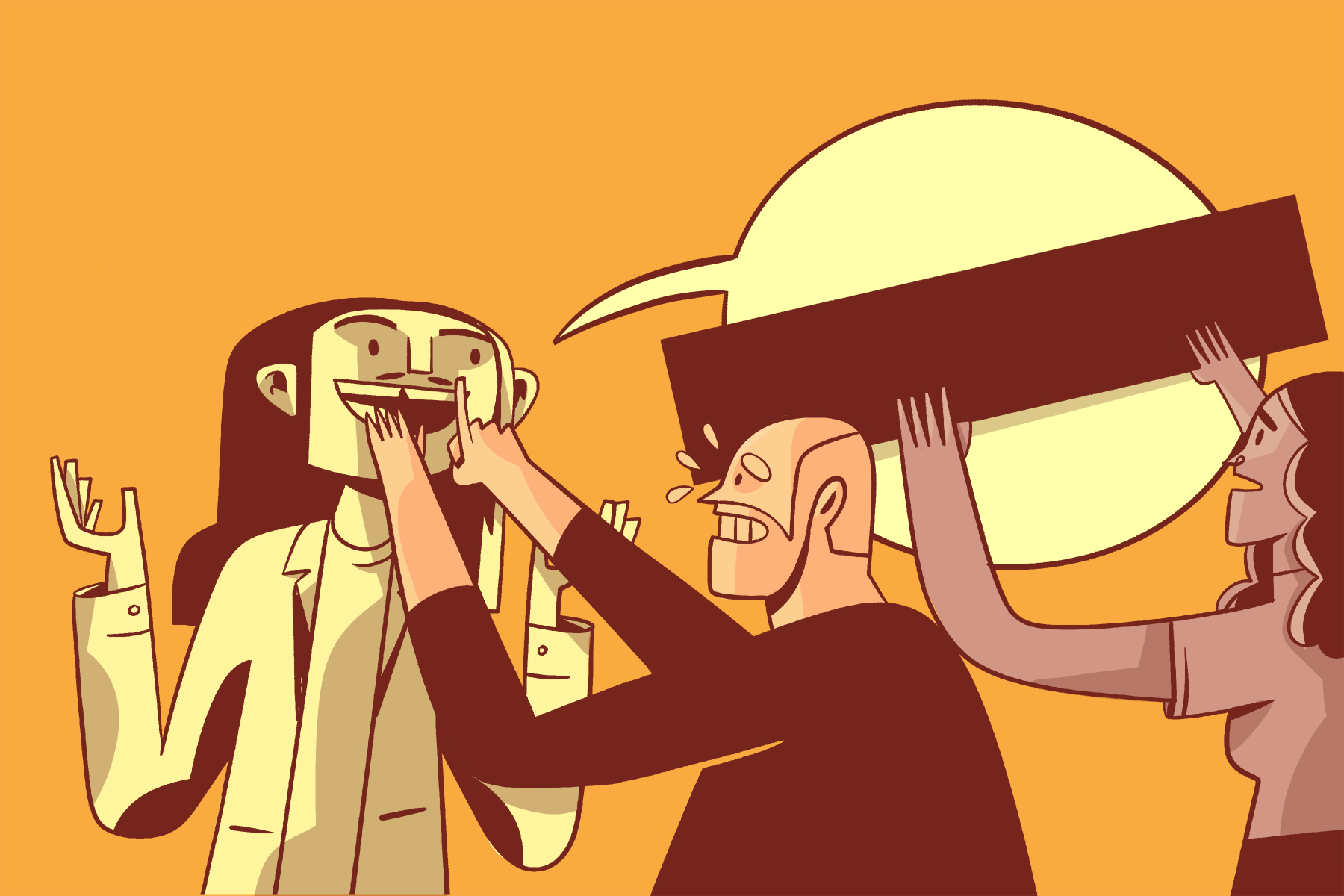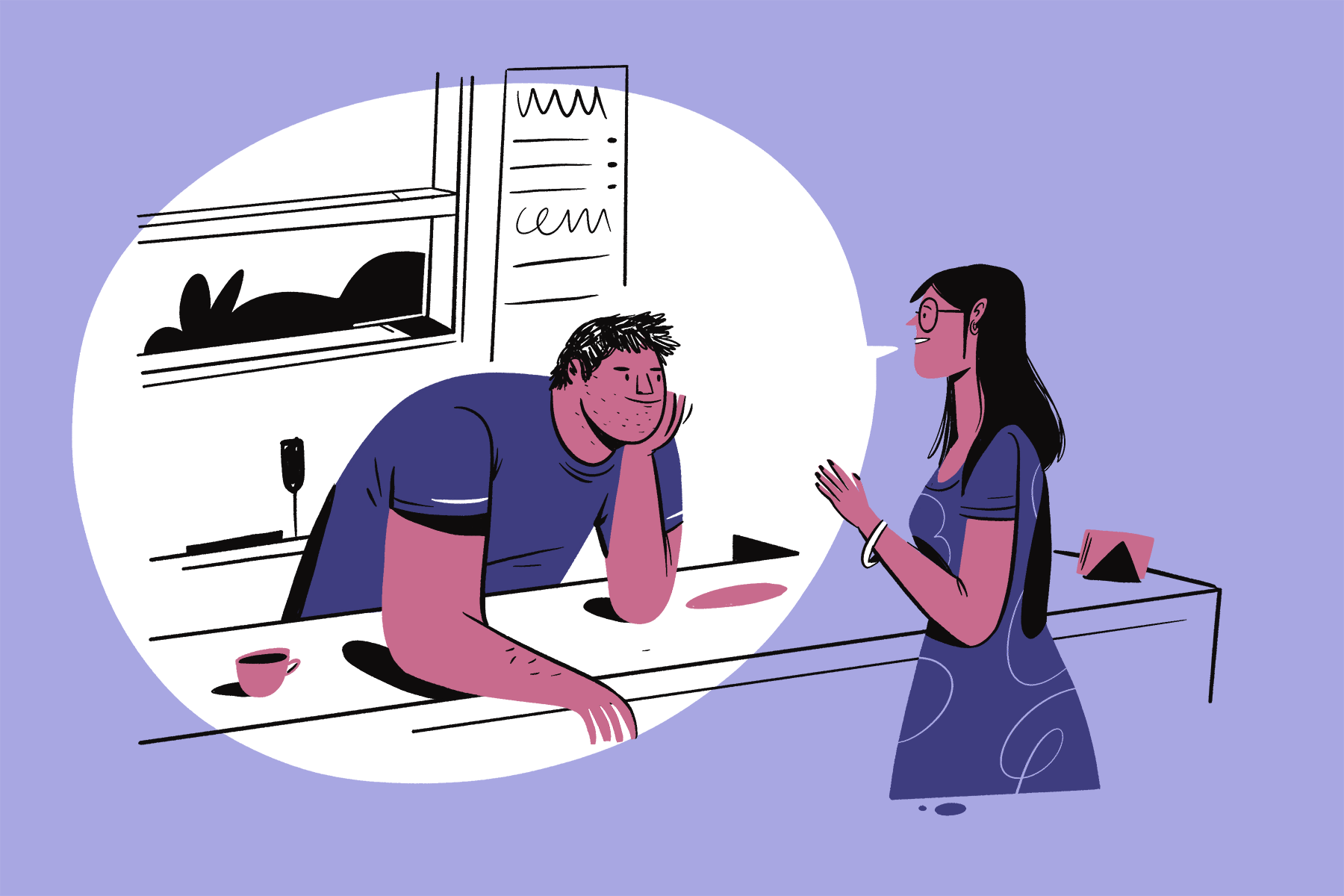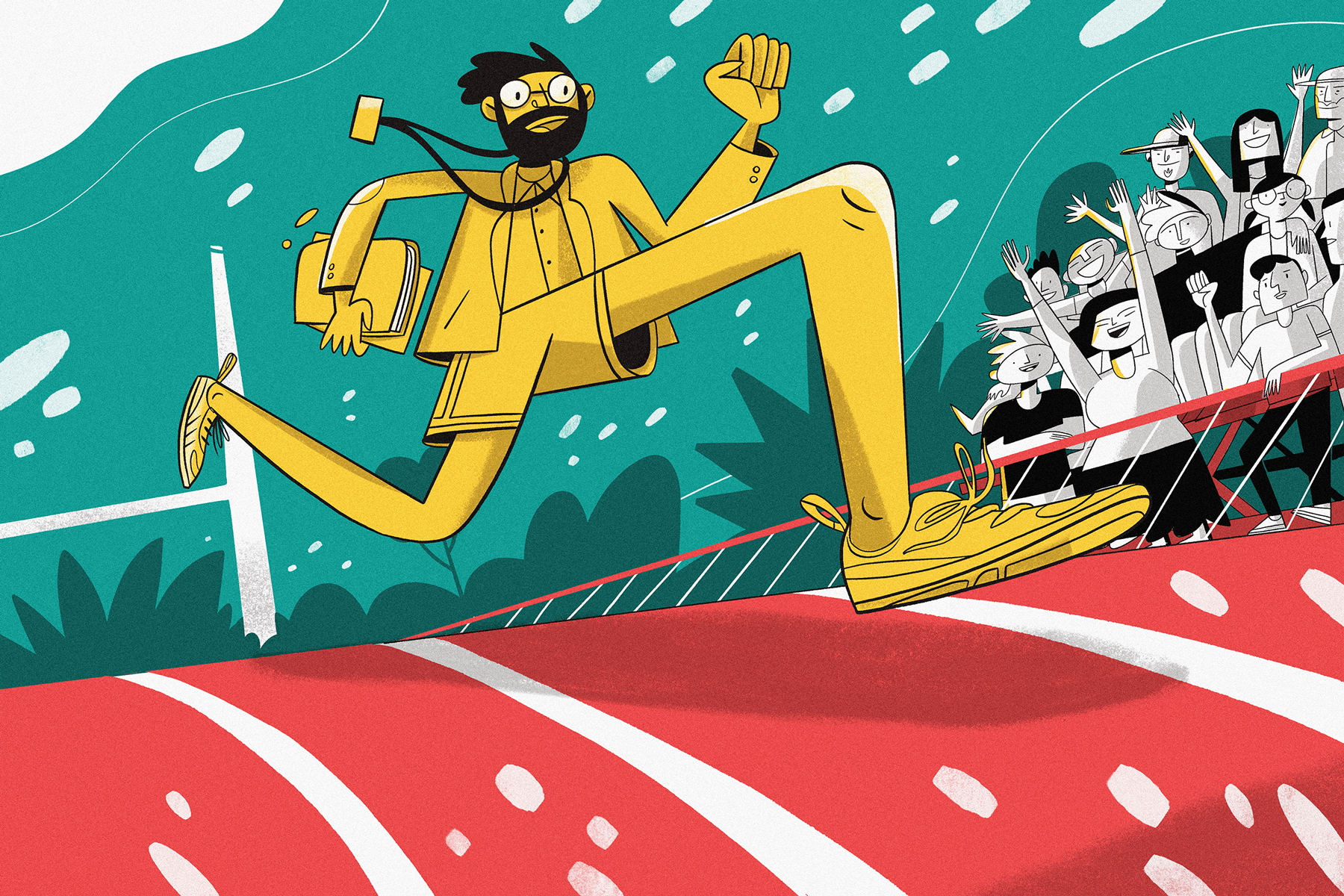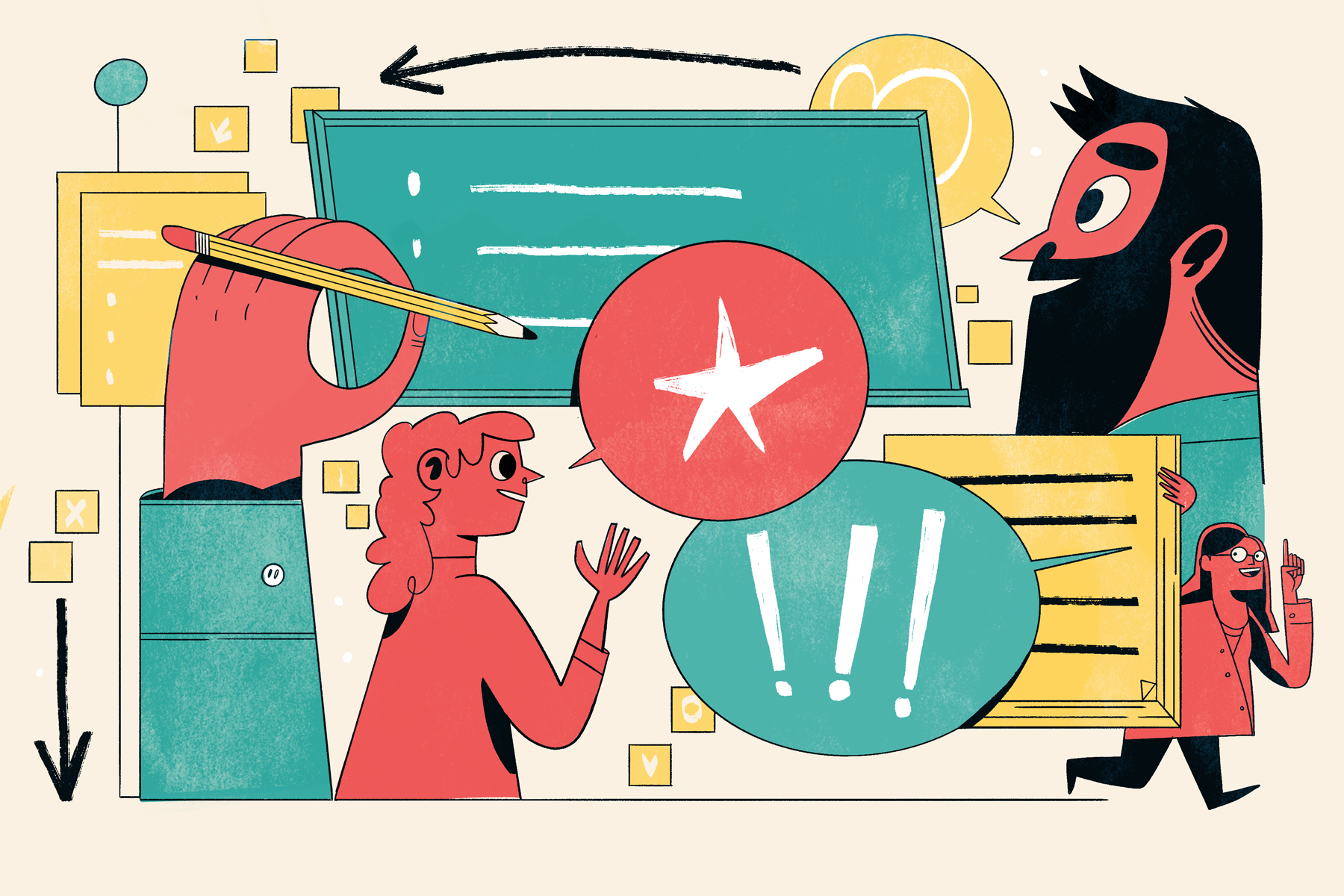
What really makes workshops work?
The whole point of collaboration is that you give and take from each other, and that’s how you create things that are totally new. –Virgil Abloh
I like working with people. I believe change can only come through collaboration. –Alain de Botton
I love a good workshop. The smell of coffee and Expo markers in the morning. The gentle scratch of Sharpies forming big block letters on Post-It notes. The unconscious ideas. The imperfect concept sketch. The meandering conversation that slowly finds its way to an insight. Is there a better way to spend the workday?
Anything can happen in a workshop. The unknown is part of the excitement. I’ve seen long-standing tensions both melt away and boil over. I’ve seen founding teams who were on the verge of throwing in the towel find a second wind. I’ve heard raised voices and exasperated sighs give way to quiet smiles and audible whoops. It’s not always that dramatic – but it’s almost always meaningful.
You might be surprised to find out that not everyone shares my love of a good workshop. Unless of course you’re the “I can’t be bothered” person who shows up with arms crossed and mind elsewhere, already sure of the outcome. And that’s fine – workshops need you in the room too. Without you there’s no creative tension, no skeptical yin to the yang of wide-open optimism. And that tension is precisely where the magic of a workshop happens.
So, what really makes workshops work?
First, workshops help us focus.
It’s increasingly rare that we get dedicated time to work through a problem. Our typical days are filled with meetings and Slack messages. The unscheduled time we might have gets eaten up by the high mental cost of switching from one task to the next. By comparison, workshops invite us to block off significant time and give the task in front of us our undivided attention. That’s a gift in the modern workplace.
Second, workshops give us space.
Deep work requires exploration. By pulling on certain threads or following new ideas further than we might on a more typical day, we can find ourselves in terra incognita. Our perspective begins to shift as we see things with fresh eyes. We start to ask better questions that in turn invite better answers. Slowly but surely, we begin to move beyond the well-worn pathways of our everyday thinking.
Workshops also benefit from the power of presence – especially when they happen in person.
Getting together in a room creates an energy that, if managed well, can pull the best out of each of us. We start to finish each other’s sentences. We do the classic “yes, and…” to keep pushing a good idea to its limits. We interpret subtle cues – a shift in body language or a change in tone – as traffic signs that shape the flow of ideas. And regardless of the outcome, we get the benefit of time together that deepens our connection to one another and our common goals.
Finally, workshops give our thinking structure.
There is, as the saying goes, a method to the madness. An expert facilitator is like the conductor of an orchestra. They manage the energy of the room and pull the best possible performance out of everyone. They know when to push and when to back off, helping the natural ebbs and flows resolve into something that resonates.
If you can’t tell, we love workshops at Friday. They are baked into every project and act as the critical inflection point where hunches get transferred into whole new perspectives. Given their effectiveness at helping teams make a lot of progress in a short period of time, we believe teams would benefit from creating more space in their process to workshop opportunities and challenges. Workshops are the perfect format–and the right level of investment–as you ramp up to something bigger.
Workshops are particularly useful for a few common moments in the lifecycle of a team or an idea…
Workshops can help you get unstuck. Is there an opportunity or challenge you’ve been dancing around for a while, struggling to find the headspace to think deeply about what to do next? Taking a few days to sketch a vision for the future and align on first steps can help teams build momentum towards your next big goal.
Workshops can help you get clarity. It can be helpful to bring in an outside facilitator to act as a sounding board as you look to get insight into something you’re working on. A simple reframing or connection to a just-around-the-corner idea is sometimes all you need to get the clarity you’ve been looking for.
Workshops can help you get aligned. We start every project with what we call a Success Session. Typically, each member of a team has a slightly different picture in their mind about where things are heading. They bring different information to the table or see things differently. These sessions help get everyone on the same page and build a “topography of ideas” that can serves as a common foundation for the work ahead.
Workshops can help get you started. Oftentimes, teams know where they need to head next. And what they really need is a good kickstart. A few dedicated days to create a roadmap, gut-check assumptions, and ensure everyone has the full picture of what’s up ahead can save valuable time in the future.
Do any of those moments sound like one that you and your team are facing?
Introducing Friday Workshops
We’re excited to launch a set of stand-alone workshop offerings that we’ve designed specifically for the most common opportunities we see across our clients. They are purpose-built to help you make meaningful progress in a short period of time and at a level of investment that makes sense for social sector organizations.
Our hope is that these workshops–or even just the inspiration to create space on your own–will inspire you and your team to deepen your organization’s impact.


